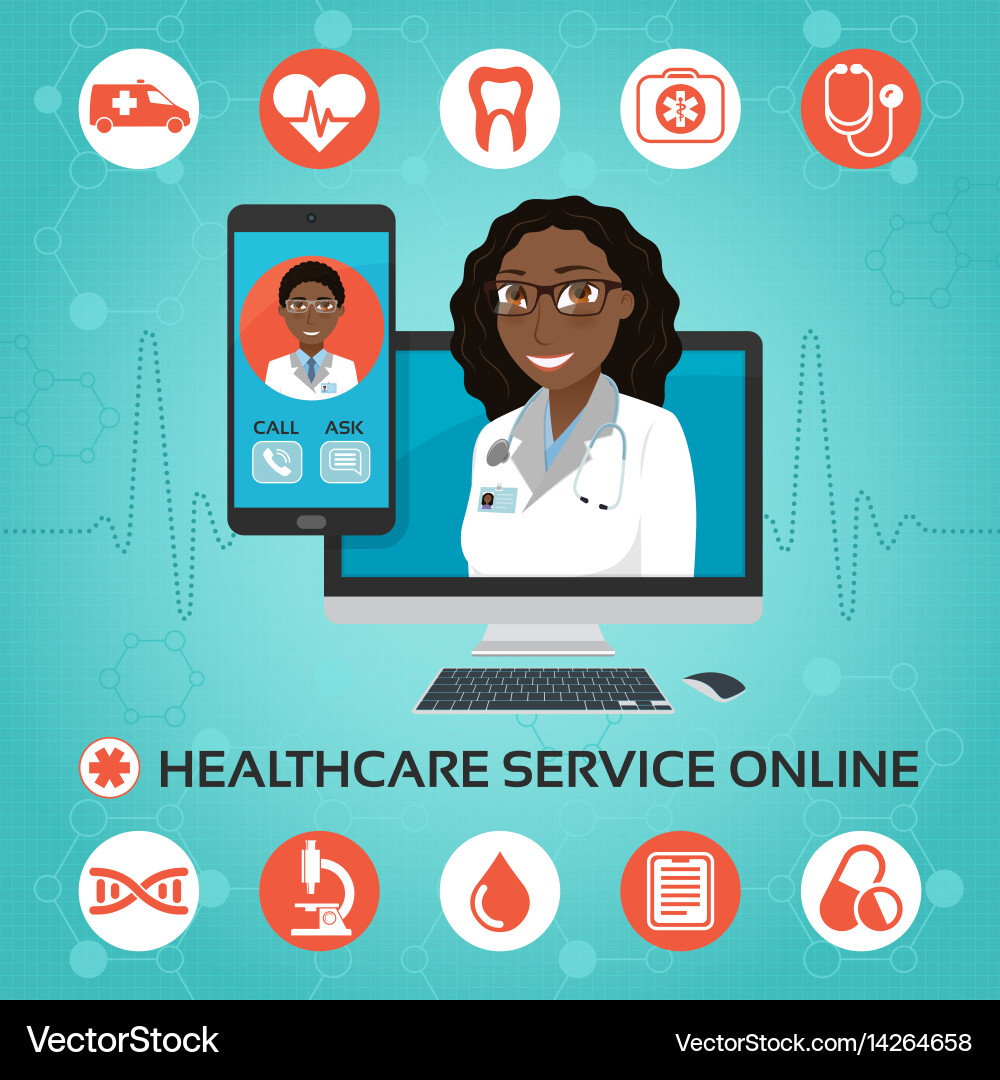Discovering the Growth of Subscription Based Healthcare in the Digital Age
Discovering the Growth of Subscription Based Healthcare in the Digital Age
Blog Article
The Increase of Subscription-Based Health Care and Its Effect on Person Treatment
As healthcare progresses, the subscription-based version is acquiring traction, guaranteeing to revolutionize individual treatment by providing predictability and access. The capacity for these versions to reshape health care distribution increases pressing questions regarding their long-term sustainability and inclusivity. Are these membership solutions the future of health care, or do they take the chance of leaving at risk populaces behind?
Recognizing Subscription Healthcare Designs
Understanding the principle of registration health care models involves examining a transformative approach to clinical services that emphasizes cost and access. These versions, commonly referred to as direct health care (DPC) or concierge medicine, have actually arised as ingenious choices to typical fee-for-service health care systems. Membership health care permits clients to pay a set month-to-month or annual fee for a specified set of clinical solutions, which may consist of unlimited office gos to, routine exams, and basic lab examinations, without the need for typical insurance coverage billing.
The framework of membership healthcare models is made to improve patient treatment by eliminating third-party payers and complicated billing codes, consequently reducing administrative concerns. Medical care suppliers can concentrate much more on person care, promoting stronger patient-provider partnerships. This version also advertises preventative care by urging routine sees, as the monetary challenge of per-visit charges is removed.
The subscription version commonly encourages doctor to handle smaller sized client panels, enabling more individualized treatment. It straightens monetary incentives with client health and wellness outcomes, as suppliers are encouraged to keep patient contentment and well-being. Overall, comprehending registration health care models calls for acknowledging their potential to improve how treatment is supplied and accessed.
Advantages for Carriers and clients

For carriers, subscription-based designs use the possibility to deepen patient-provider relationships. With a steady income stream, medical care professionals can devote more time to each patient, causing a much more personalized and comprehensive care experience. This design likewise decreases dependence above client volumes, easing burnout and enhancing task complete satisfaction. The focus on precautionary treatment within registration plans can lead to much better individual end results and minimized lasting healthcare prices. By concentrating on continuous care, service providers can attend to concerns before they intensify, ultimately benefiting the medical care system in its entirety by decreasing the worry on emergency situation and severe treatment services.
Obstacles and Concerns
While subscription-based healthcare models present many advantages, they also include a collection of obstacles and issues that have to be attended to. Ease of access continues to be a considerable problem, as these models often target individuals that can afford month-to-month fees, possibly excluding low-income populations. This raises honest concerns about fair accessibility to health care services. Furthermore, the diverse nature of membership plans can bring about complication among individuals concerning protection specifics, Read More Here possibly resulting in unmet assumptions or insufficient treatment.
Financial sustainability of subscription-based models is one more concern. Carriers must stabilize the fixed earnings from subscriptions with the variable expenses of healthcare services, which may fluctuate as a result of unexpected medical requirements. This can produce pressure to restrict solutions or rise charges, potentially influencing client complete satisfaction and care high quality.
Additionally, governing oversight of subscription-based health care models is still progressing. Addressing these difficulties is essential for the fair and effective application of subscription-based health care.
Influence On Patient-Doctor Relationships
One considerable effect of subscription-based health care designs on patient-doctor relationships is the capacity for boosted connection and individualized treatment. By taking on a membership version, physicians can manage a smaller sized person panel, permitting for more specialized time with each person. This increased availability cultivates a much deeper understanding of a patient's clinical history, lifestyle, and preferences, making it possible for much more customized therapy plans and interventions.

Nevertheless, it is essential to acknowledge that while subscription-based versions may benefit those that can manage them, they can inadvertently expand healthcare disparities. Clients who are not able to join these designs might experience lower access to personalized care, possibly influencing their connections with doctor. Hence, while the registration design supplies encouraging advantages for patient-doctor connections, it also postures challenges that require to be dealt with hop over to these guys to make sure equitable medical care access.
Future of Healthcare Gain Access To
The role of technology can not be overlooked in this change. Telemedicine systems and digital wellness records promote smooth communication in between people and doctor, breaking down logistical and geographical barriers. Furthermore, developments in artificial knowledge and data analytics can further individualize clinical treatment by anticipating client requirements and maximizing therapy strategies.
Nonetheless, the future of health care access additionally provides obstacles, such as making certain equity throughout different socio-economic groups. Policymakers and healthcare service providers must team up to link the digital divide, guaranteeing that subscription-based versions remain affordable and comprehensive. As these systems mature, they hold the assurance of making medical care more accessible, reliable, and patient-centric.
Conclusion
Subscription-based medical care versions are reshaping patient care by providing a secure price framework and enhancing ease of access. These versions enhance patient-provider connections with personalized care and routine visits, stressing preventative health and wellness. Despite these advantages, obstacles such as availability concerns for low-income populations and the requirement for equitable health care services persist. The surge of subscription-based healthcare motivates aggressive individual engagement, which has the potential to improve client end results and contentment, indicating a transformative change in medical care shipment.
As health care evolves, the subscription-based model is acquiring traction, promising to reinvent individual treatment by providing predictability and access.Subscription-based medical care versions supply distinct advantages for both patients and carriers, boosting the total medical care experience.As health care systems progress, the future of medical care gain access to frequently hinges on the assimilation of innovative versions and innovations.Subscription-based health care versions are improving patient care by giving a steady expense framework and enhancing access. The surge of subscription-based health care encourages positive individual engagement, which has the potential to boost person outcomes and complete satisfaction, signaling a transformative shift in health care visit the site distribution.
Report this page